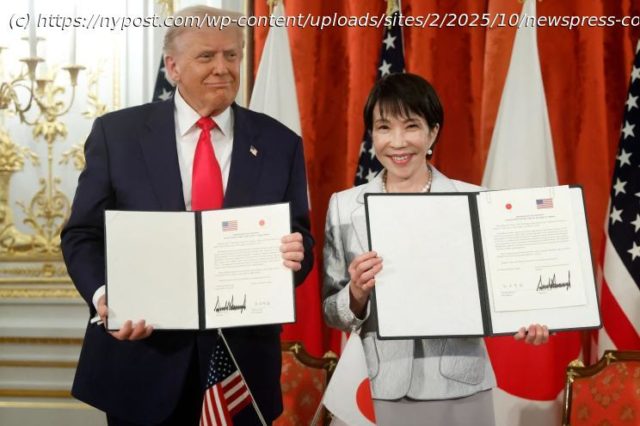China’s suffocating stranglehold on critical minerals is a potent economic weapon — but Trump’s strategy, including international deals announced this week, is forcing Beijing’s hand.
As President Donald Trump and Chinese President Xi Jinping prepared for their Thursday meeting in South Korea, trade talks between Washington and Beijing had fallen into a familiar pattern.
Trump’s tariff threats pushed China to the negotiating table; Beijing countered with trade restrictions on critical minerals; Washington raised tariffs again, and on and on.
It seemed like a tit-for-tat cycle of doom — but Trump’s strategy, including international deals announced just this week, is forcing Beijing’s hand.
China’s suffocating monopolies on critical minerals are a potent economic weapon, but one with a limited shelf life.
Critical minerals earn the name: They are the essential ingredients in countless manufactured goods, from fighter jets and night-vision googles to cars and cell phones.
China currently dominates the global markets for critical minerals, controlling a majority of global lithium, cobalt and nickel processing capacities.
Its control over rare earths is even more extreme: China processes more than 90% of global supplies, with monopolies of several heavy rare earths, including export-controlled dysprosium and terbium.
These monopolies were developed precisely to be weaponized against us.
As Xi said in 2020: “We must tighten international production chains’ dependence on China, forming a powerful countermeasure and deterrent capability against foreigners.”
This ominous message was delivered at the height of the global pandemic, as broken supply chains further contributed to a global human and economic catastrophe.
Start
United States
USA — Science Trump rallies the allies to break China’s dangerous mineral, rare earths monopoly






